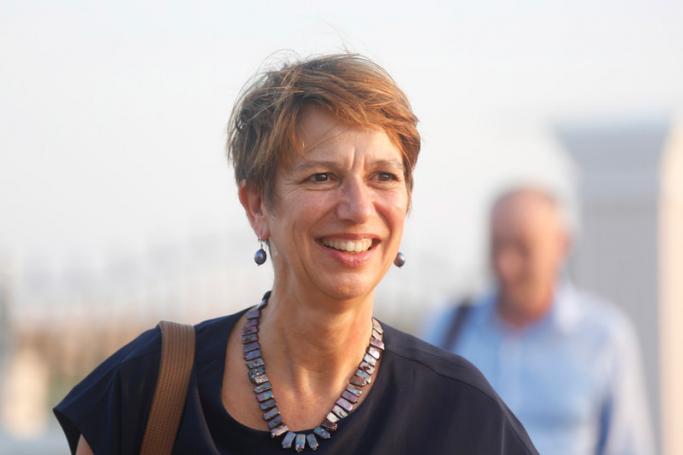A UN Security Council discussion on the situation in Myanmar on Friday heard concerns about the violence in the country, but with China saying that while it did not want to see instability it wanted to remain a “friendly neighbour”.
In the session, the UN special envoy on Myanmar demanded an end to the military's "repression" of protesters, imploring the Security Council to act on the "desperate pleas" from the country.
"Your unity is needed more than ever on Myanmar," special envoy Christine Schraner Burgener told the session on the crisis. "The repression must stop."
She said that she is receiving some 2,000 messages a day from Myanmar urging international action.
"The hope they have placed in the United Nations and its membership is waning and I have heard directly the desperate pleas -- from mothers, students and the elderly," she said.
"Allow me to reiterate: the international community should not lend legitimacy or recognition to this - a regime that has been forcefully imposed."
But she stopped short of urging international sanctions on the military junta, which overthrew civilian leader Aung San Suu Kyi on February 1 and has killed more than 50 people as it tries to crush persistent protests.
The army has historically counted on support from veto-wielding Security Council member China, which has voiced misgivings about the coup but not joined Western nations in sanctions.
Diplomats said that no statement was expected to come out of Friday's session initiated by Britain but that Security Council members would pursue work on a text.
Burgener called for world powers to be "robust and timely" in pushing for the restoration of democracy.
"We must denounce the actions by the military, which continues to severely undermine the principles of this organization and ignores our clear signals to uphold them," she said.
The Myanmar generals have shown no sign of heeding calls for restraint despite mounting international pressure, including targeted sanctions by Western powers.
Diplomats said it was unlikely that the Security Council would approve any international measures against the junta such as a proposed global arms embargo.
The session called by Britain ended without any statement, although diplomats said consultations would take place next week on a proposed text.
"We'll be exploring further national sanctions and stand ready to consider possible measures under the UN Charter should the situation deteriorate further," British Ambassador Barbara Woodward said after the meeting.
"Any further measures would require agreement from all Council members," she said.
She was alluding to objections by several Council members including Russia, India, Vietnam and especially veto-wielding China, historically the main partner of Myanmar's military.
China's ambassador, Zhang Jun, said his country wanted to be a "friendly neighbour".
"We don't want to see instability, even chaos in Myanmar," he told reporters.
"The messages and measures of the international community should be conducive for the parties in Myanmar to bridge differences and resolve problems, and avoid escalating tensions or further complicating the situation," Zhang Jun said.
Since the February 1 military takeover and jailing of elected politicians, over four dozen people have died in protests as demonstrators have taken to the streets daily to express their anger.
AFP












